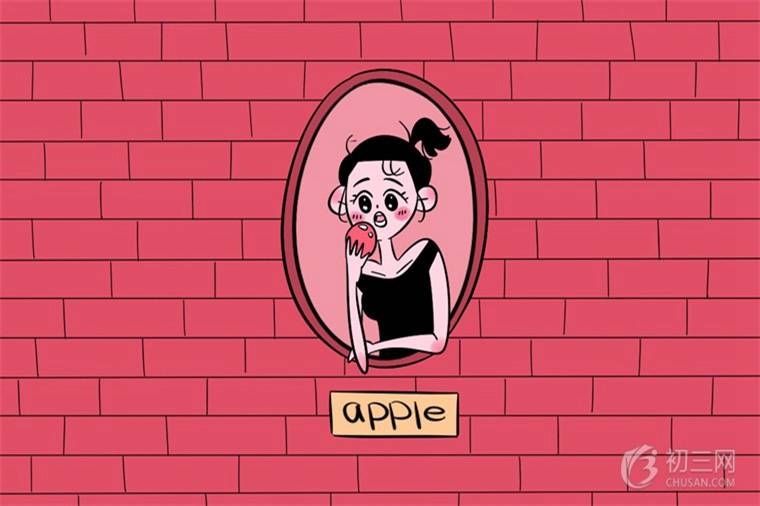请选择
英语在中考中是一门很重要的学科,这篇文章小编给大家总结归纳一些八年级上册重要的英语知识点,供参考。

一般过去时
表示在过去某个时候发生的动作或存在的状态,也表示在过去某段时间里经常发生的习惯性动作。
1.肯定形式:主语+动词过去式+其它。
2.否定形式:主语+didn't +谓语动词原形+其它。
3.一般疑问句:①Did+主语+谓语动词原形+其它? ②Was/Were+主语+表语?
4.特殊疑问句:疑问词+ did+主语+动词原形+其它?
5.一般过去时记忆口诀
一般过去时并不难,过去动作、状态记心间。
动词要用过去式,时间状语句末站。
否定句很简单,didn't 站动原前,其它部分不要变。
一般疑问句也好变,did放句子前,主语、动原、其它部分依次站立。
特殊疑问句也简单,疑问词加一般疑问句记心间。
一般过去时表示过去某个时间或某一段时间内发生的动作或存在的状态,常和过去的时间状语连用。
宾语从句
(一) 宾语从句的语序:
宾语从句的语序是陈述语序,即“连接词+主语+谓语+其它成分”。特别强调:它的主语和谓语的语序是陈述语序,而不是疑问句的倒装结构。
Can you tell me who(m) do we have to see?(╳)
Can you tell me who(m) we have to see?( √)
陈述句变为宾语从句时,要注意人称和时态的变化,语序不变。 eg. She said, “I will leave a message on the desk.” à She said she would leave a message on the desk.
一般疑问句和特殊疑问句变为宾语从句时,也要注意人称和时态的变化,后面接陈述语序。Eg. “Where are the tickets?” I asked him. à I asked him where the tickets are.
(二) 宾语从句的时态呼应:
宾语从句中谓语动词的时态,常常受到主句谓语时态的制约,此为时态呼应。如果主句谓语是一般现在时或将来时,从句谓语的时态不受限制;如果主句谓语的时态是一般过去时,从句一般要随着改为相应的过去时态(一般过去时、过去进行时、过去将来时、过去完成时)。
eg. I thought (that) you are free today. (╳)
I thought (that) you would be free today.(√)
【注意】当宾语从句叙述的是客观真理时,不管主句谓语的时态如何,从句都用一般现在时。
(三) 其他需要说明的问题:
1、 标点由主句决定,如主句是陈述句、祈使句,则用句号;是疑问句则用问号。
eg. I heard she had been to the Great Wall. Can you tell me which bus I should take?
2、 要注意个别句子中主从句人称的一致。
简单句的五种基本句型
1.“主语+谓语”(即“主谓”句型)
例:They arrived in Harbin yesterday morning.
分析:“they”(主语)“arrived”(谓语)。
2.“主语+谓语+宾语”(即“主谓宾”句型)
例:I study English.
分析:“I”(主语)“study”(谓语动作)“English”(宾语即动作涉及的对象)。
3.“主语+谓语+间接宾语+直接宾语”(即“主谓双宾”句型)
例:Our teacher taught us English.
分析:“our teacher”(主语)“教”(谓语动作)“us”(间接宾语)“English”(直接宾语)。
4.“主语+谓语+宾语+宾语补足语”(即“主谓宾宾补”句型)
例:He asked her to go there.
分析:“he”(主语)“asked”(谓语动作)“her”(宾语即动作涉及的对象)“to go there”(补语—补充说明宾语做什么)。
5.“主语+系动词+表语”(即“主系表”句型)
常用的系动词有be, keep,lie, remain, stand, become, fall, get, go, grow, turn, look, feel, seem, smell, sound, taste, 等。
例:I am a teacher. 我是一名老师
分析:“I”(主语)“am”(系动词)“a teacher”(表语—即表明主语的身份)。
一般将来时
表示一般将来时在八年级中我们已经学习了以下几种表现形式:
1.用现在进行时表将来时(表示按计划安排要发生的事件。)
What are you doing this weekend?
I’m playing soccer with Jim.
Are you visiting the aquarium tomorrow? Yes, we are.
2.用be going to do表将来时(表示明确的打算或用来表示必然,很可能发生的事或自然现象。)
It is going to rain this afternoon.
We’re going to have a new subject this year.
3.用will do表示将来时(表示单纯的将来概念或表示“意愿”。)
I will see you tomorrow.
Will you please open the door?